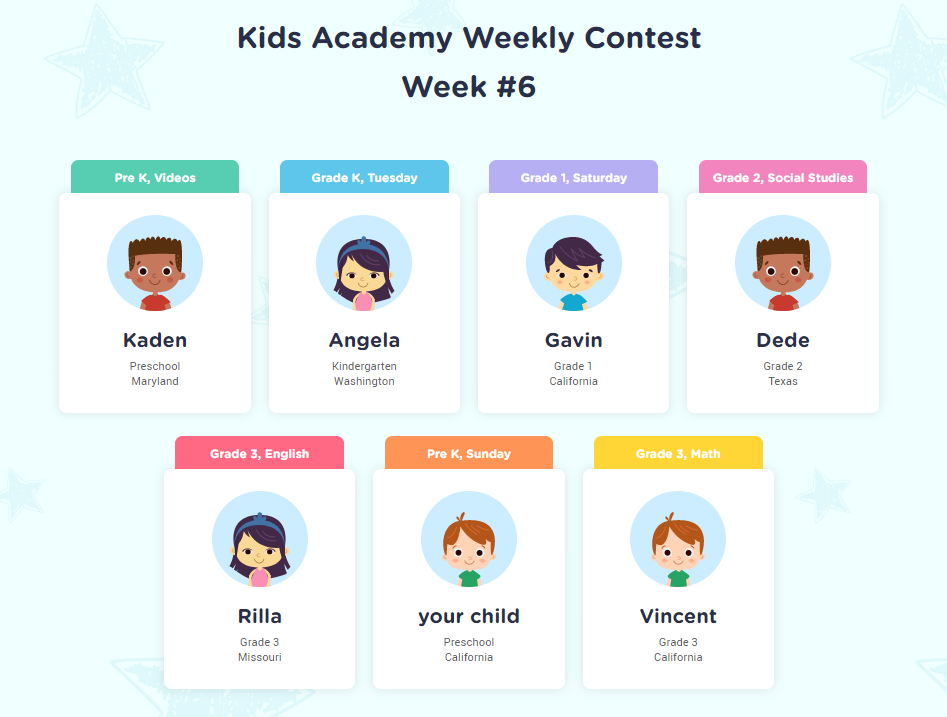Cognitive Development Science Worksheets for Ages 6-7
16 filtered results
-
From - To
Explore our engaging Cognitive Development Science Worksheets tailored for children aged 6-7! Designed to spark curiosity, these worksheets encourage critical thinking and problem-solving skills through fun activities and interactive tasks. Each worksheet integrates essential scientific concepts with cognitive challenges that help young learners develop reasoning abilities and promote mindfulness in their learning journey. From exploring simple experiments to understanding basic principles of nature, our resources provide a rich foundation for cognitive skills development. Foster a love for science and ensure a bright future for your child with our thoughtfully crafted worksheets. Start your adventure in cognitive learning today!
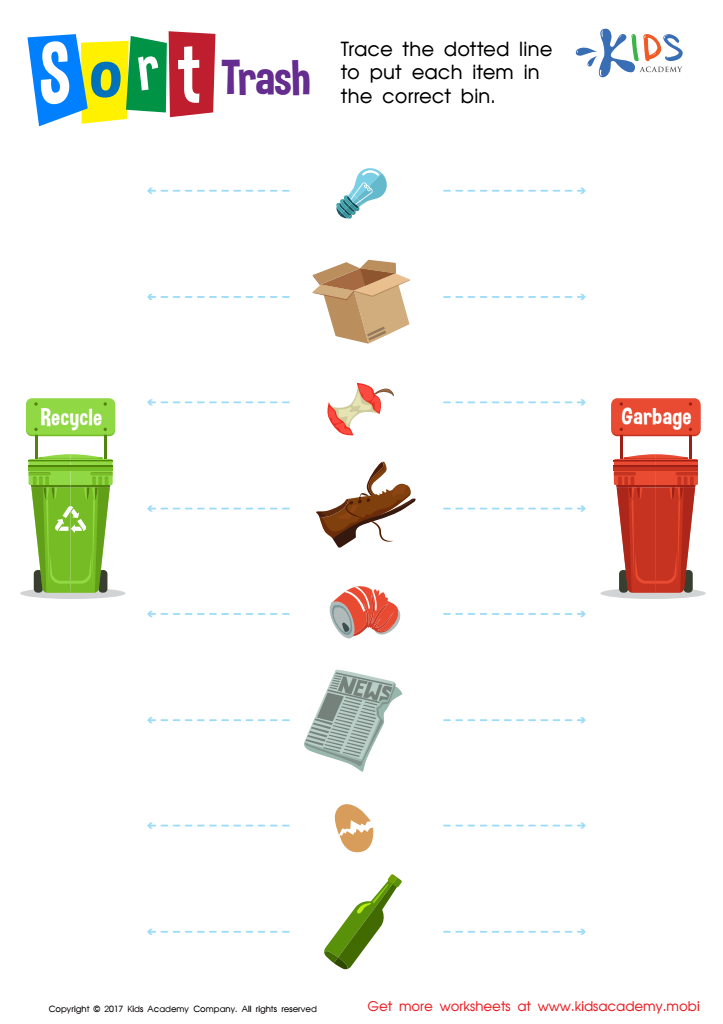

Trash Sorting Worksheet
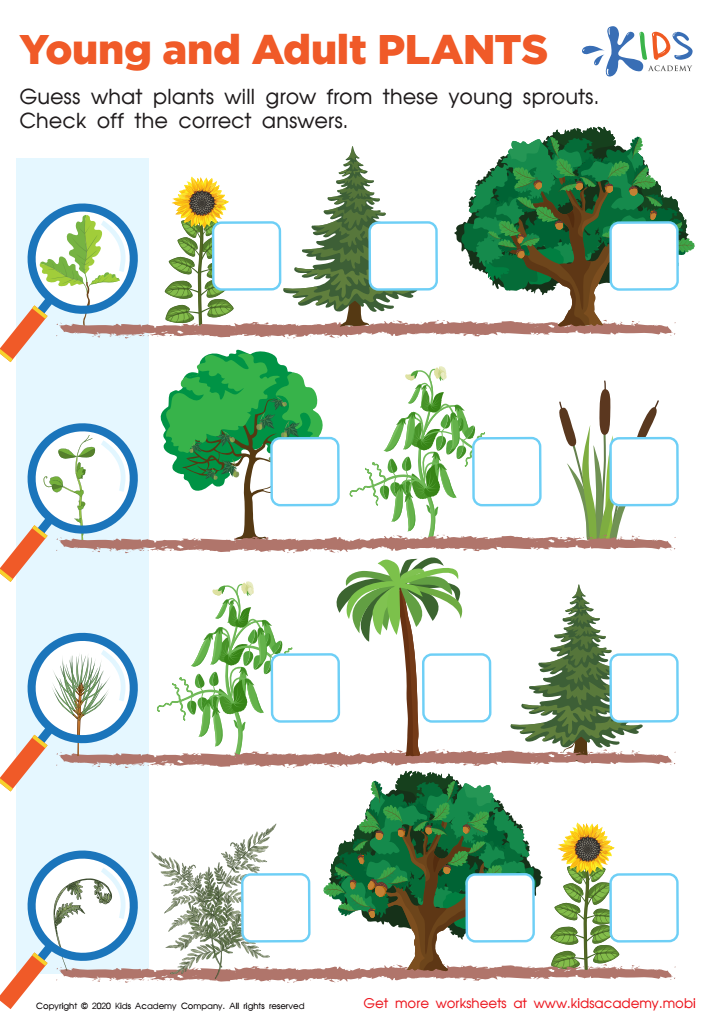

Young and Adult Plants Worksheet
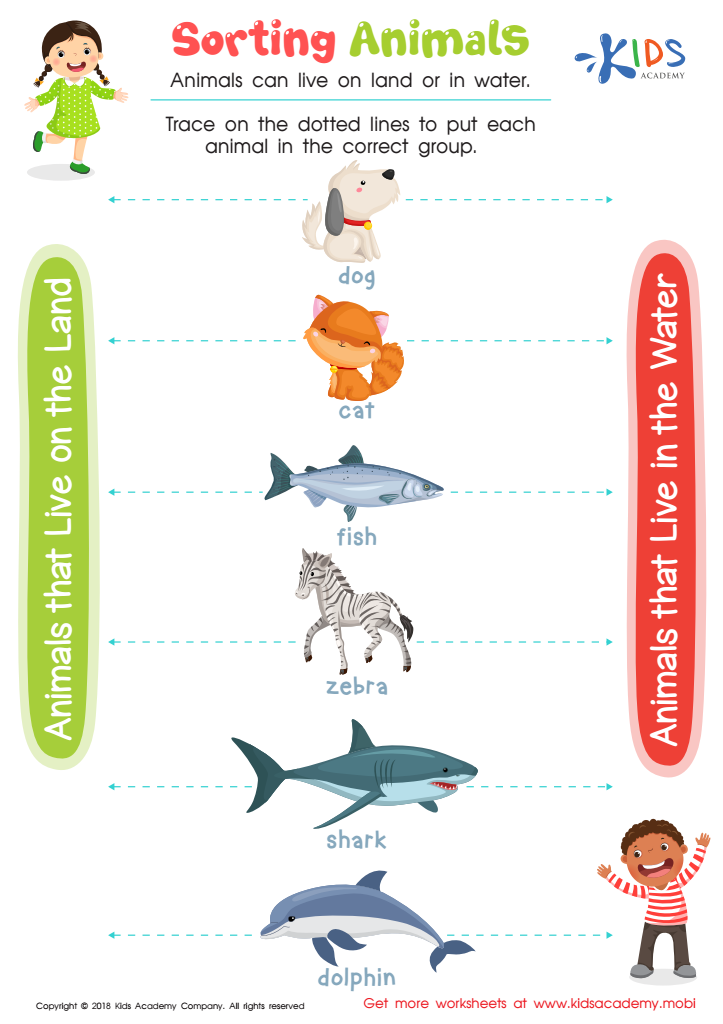

Sorting Animals Worksheet
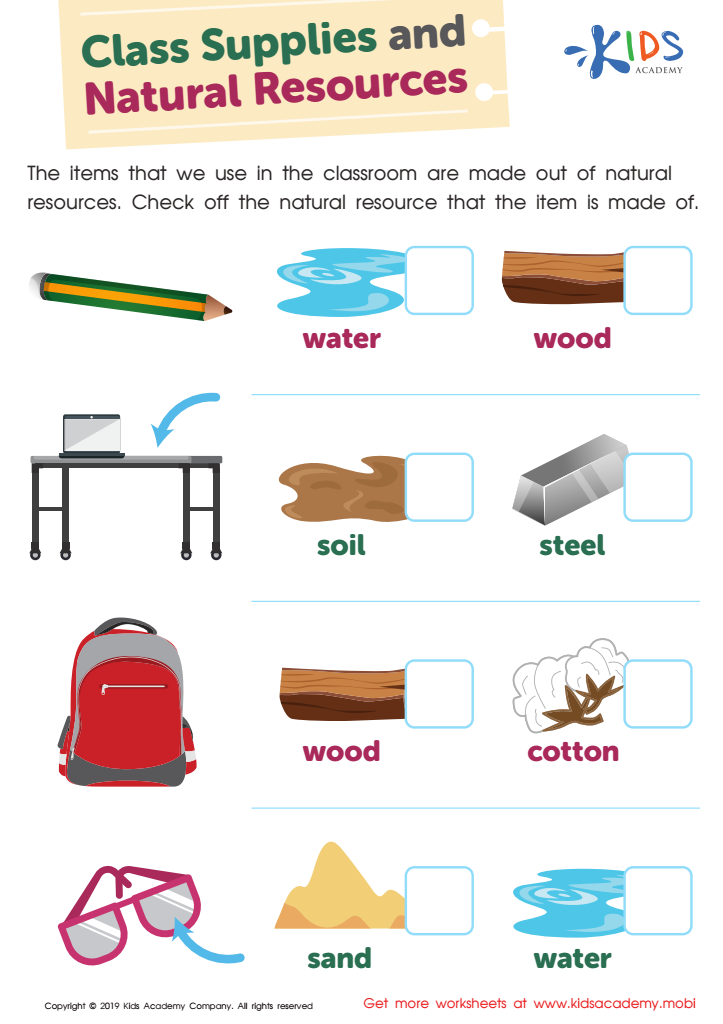

Class Supplies and Natural Resources Worksheet


Will It Make a Shadow? Worksheet


Carnivores Worksheet
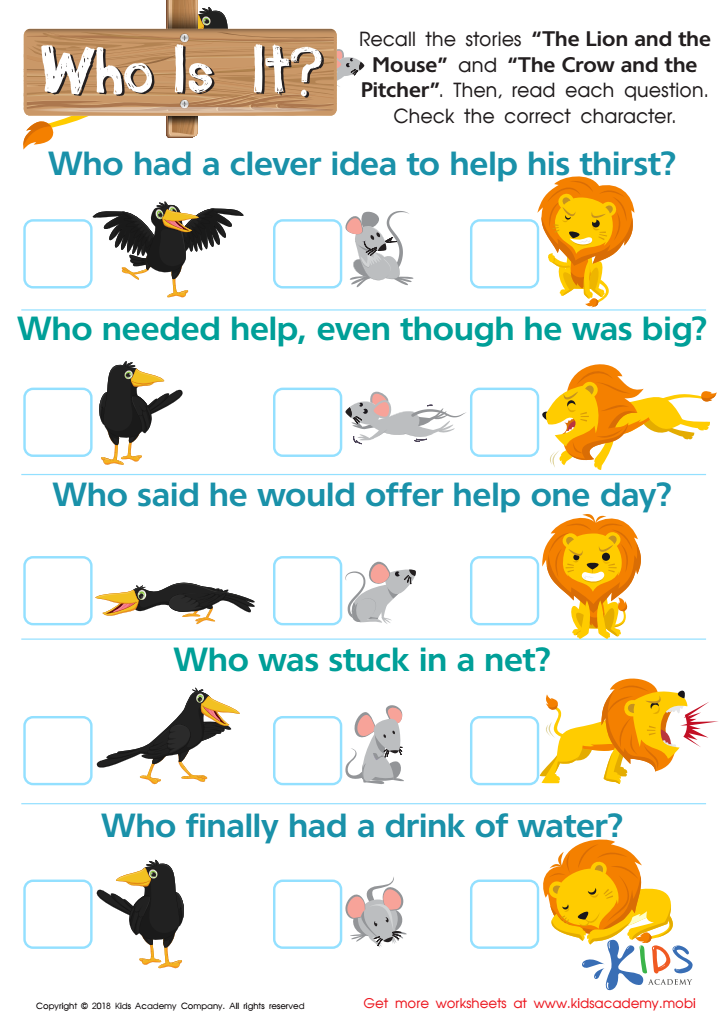

Who Is It? Worksheet
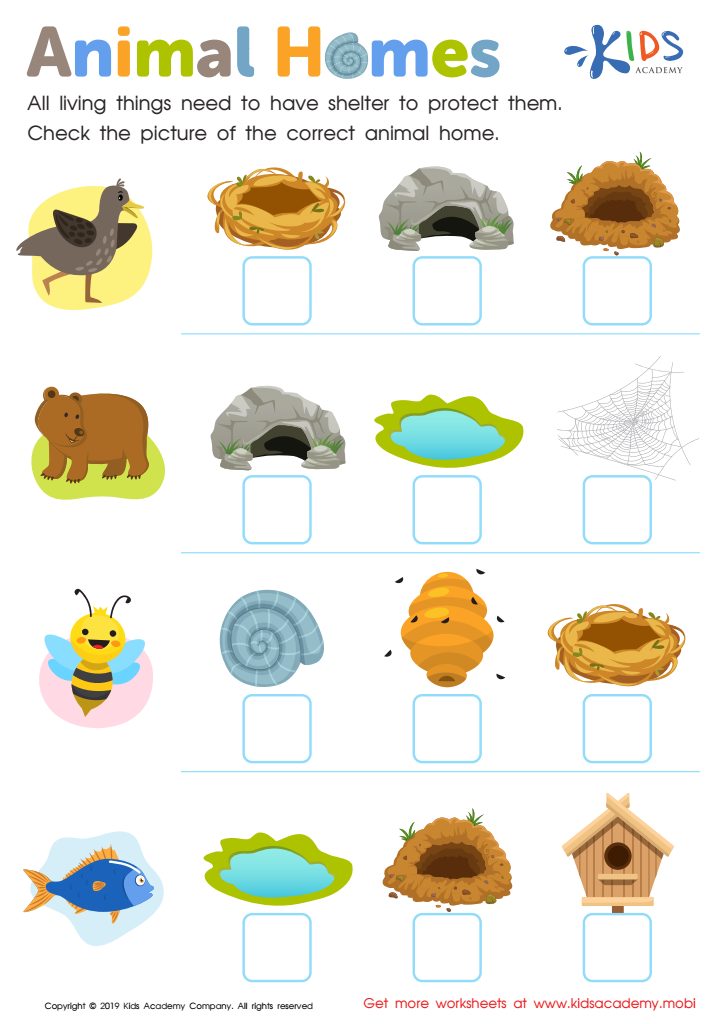

Animal Homes Worksheet
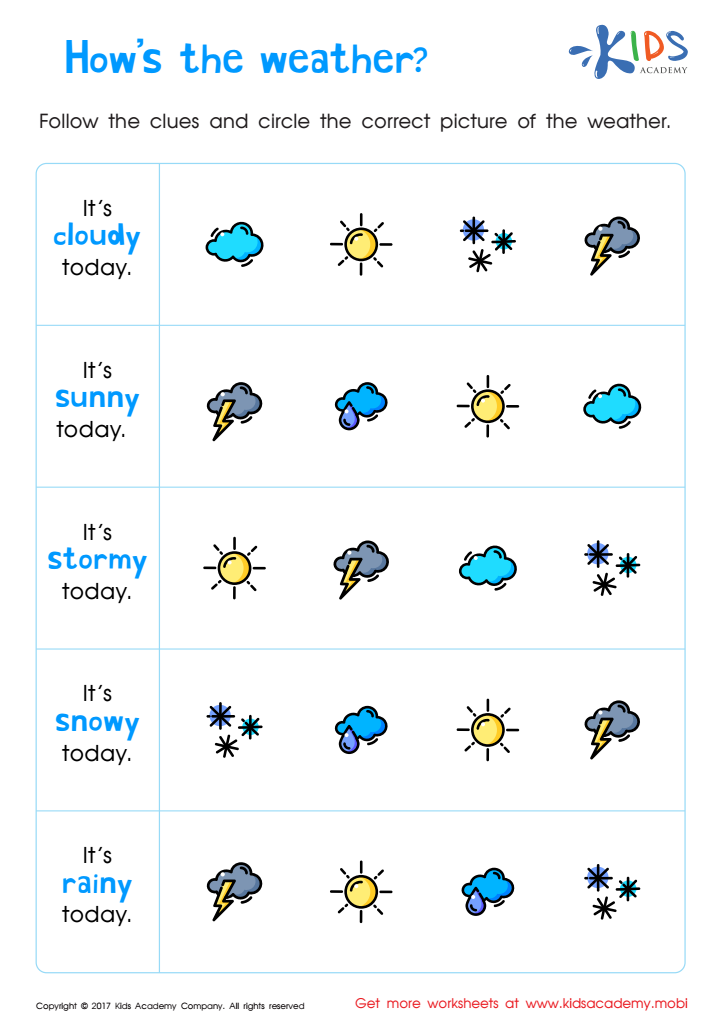

Hows the Weather Worksheet
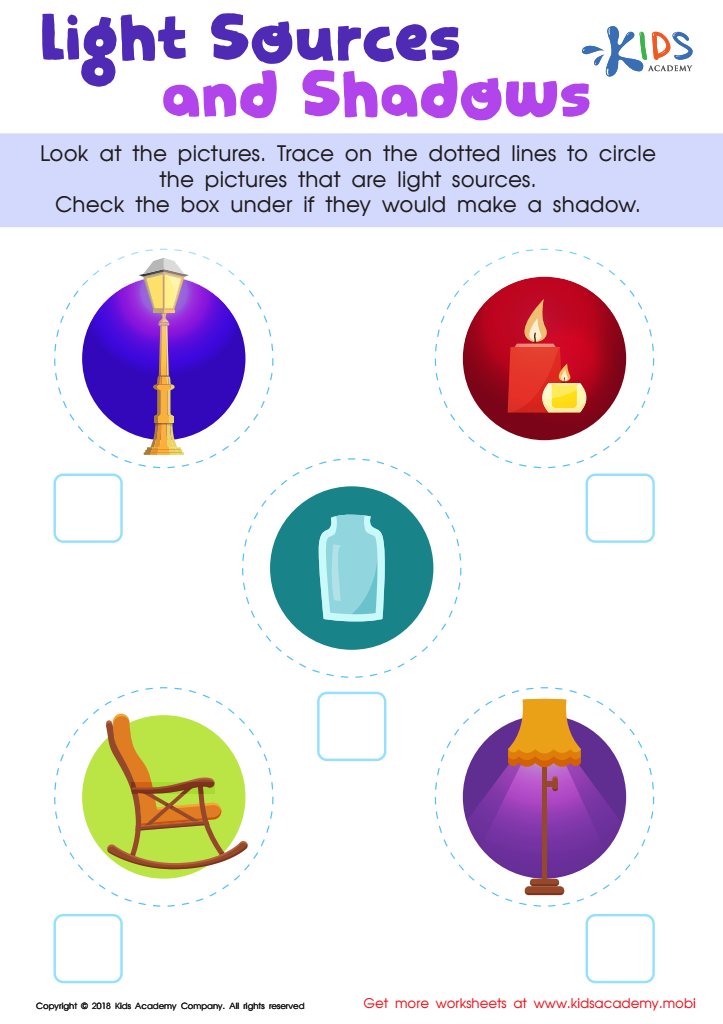

Light Sources and Shadows Worksheet
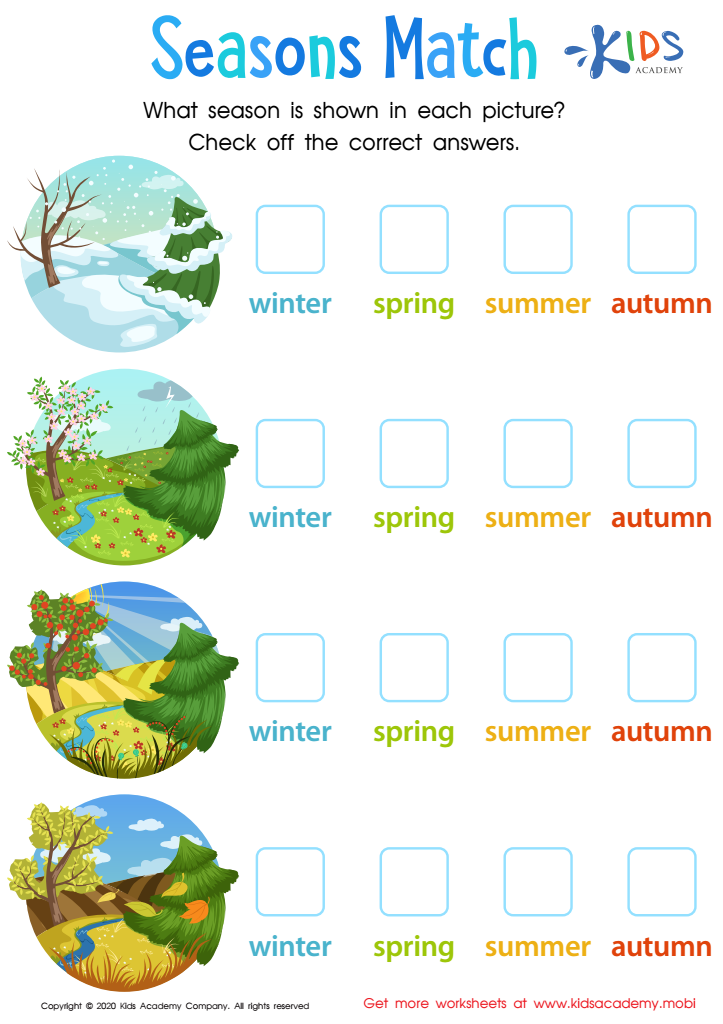

Seasons Match Worksheet
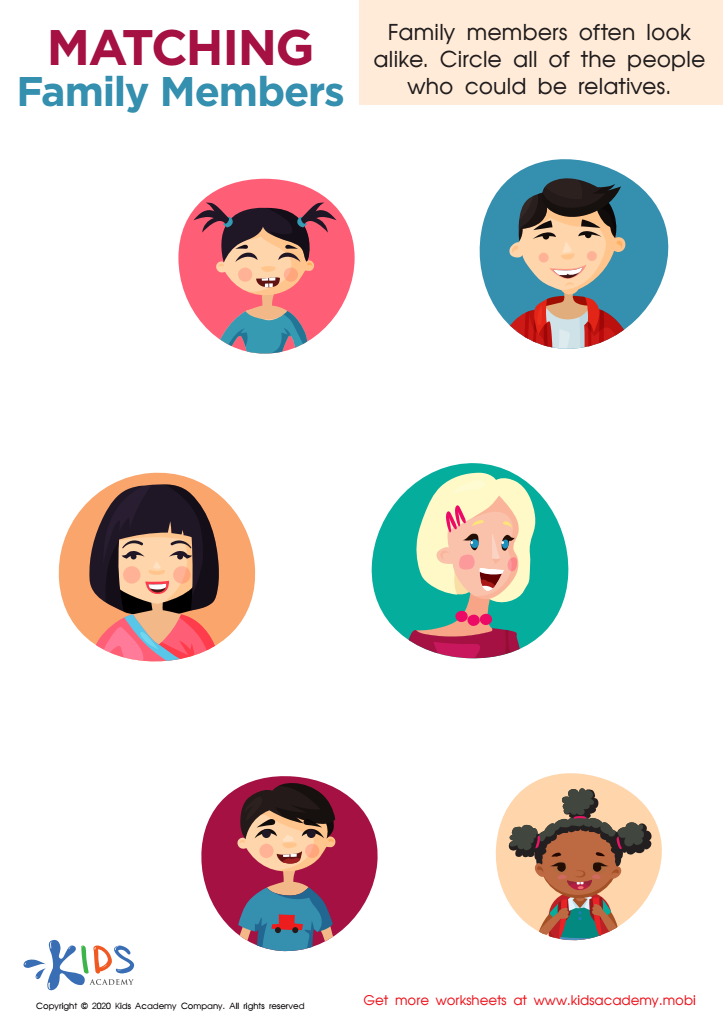

Matching Family Members Worksheet
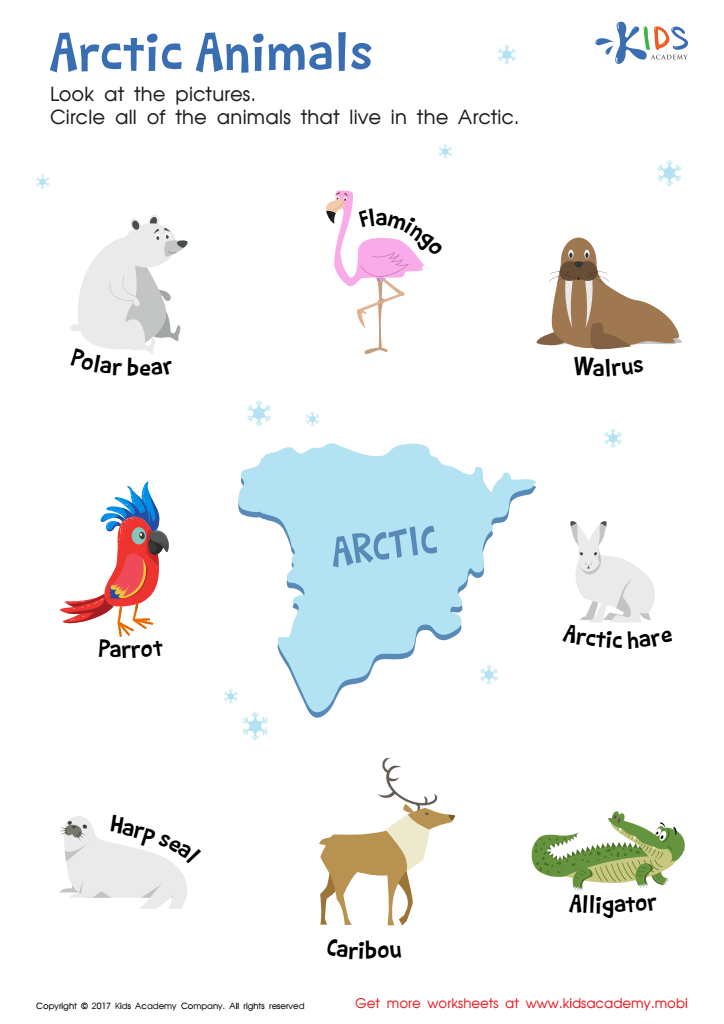

Arctic Animals Worksheet
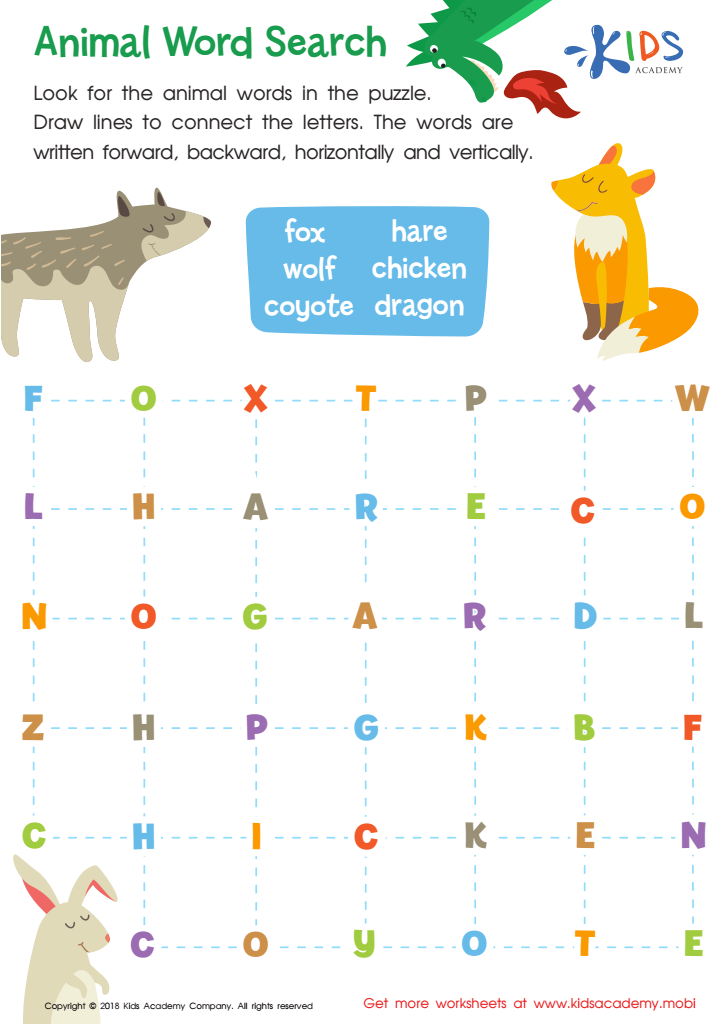

Animal Word Search Worksheet
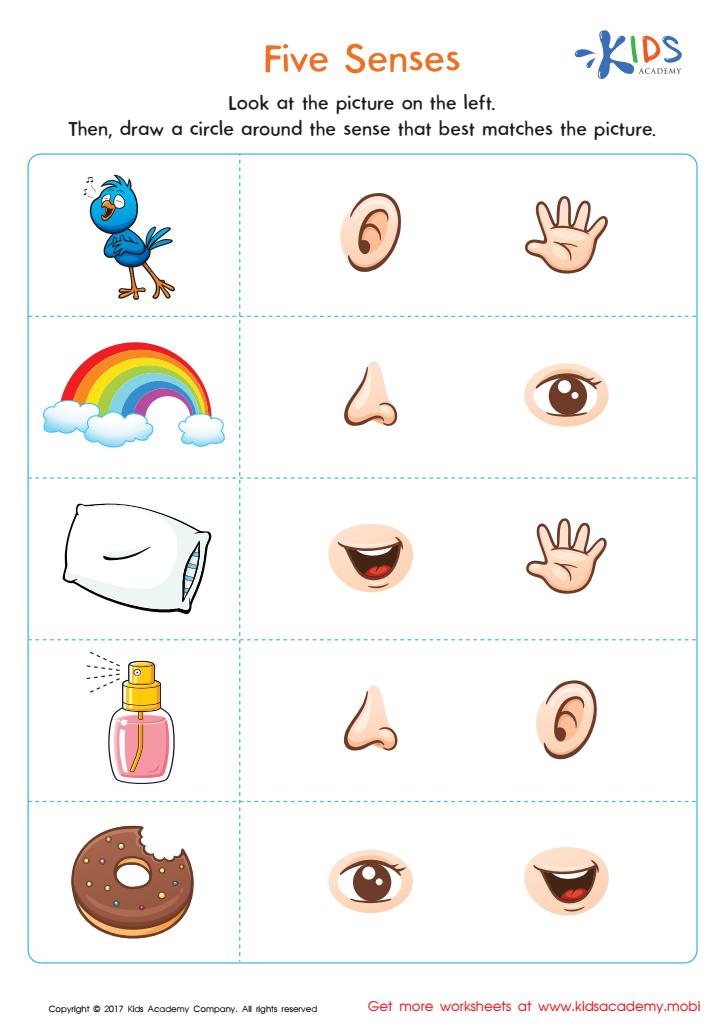

Five Senses Printable
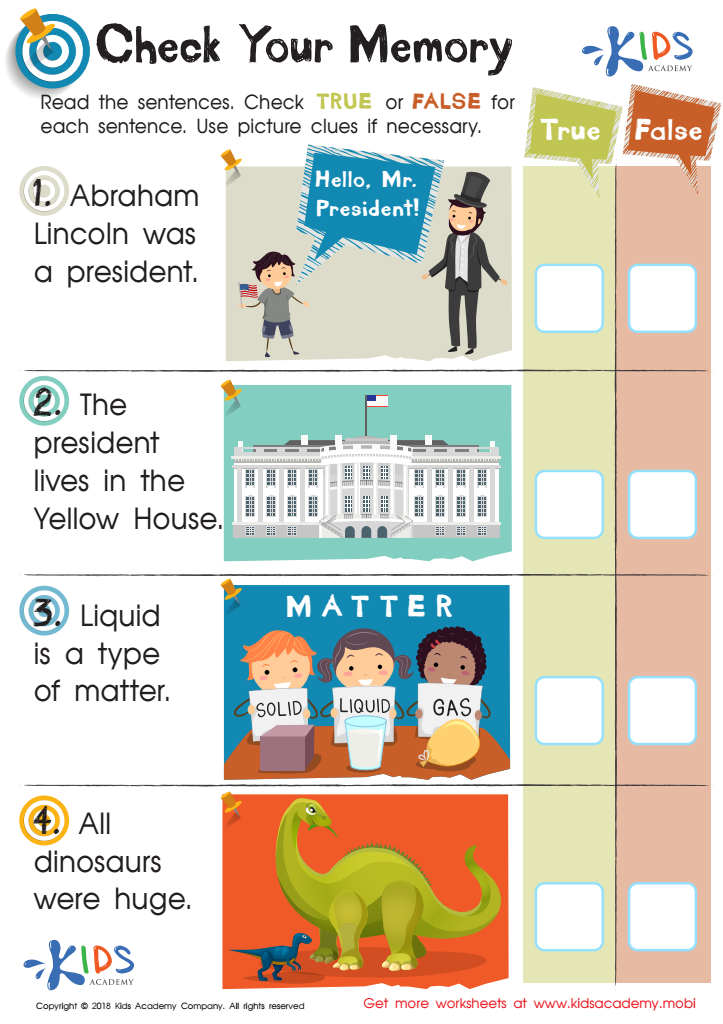

Check Memory Worksheet
Cognitive development science is crucial for children aged 6-7, as it illuminates how young minds think, learn, and grow. During these formative years, children undergo significant changes in their ability to reason, solve problems, and process information. Understanding cognitive development helps parents and teachers create supportive environments that cater to these evolving abilities.
Engaging with cognitive development science enables caregivers to identify individual learning styles and challenges, fostering tailored educational approaches that maximize each child's potential. For instance, this knowledge empowers adults to design age-appropriate activities that promote critical thinking, creativity, and social skills.
Additionally, an awareness of cognitive milestones can guide adults in recognizing signs of developmental delays or learning disabilities, ensuring that children receive necessary interventions early on. This proactive approach is essential for laying a strong foundation for lifelong learning.
Furthermore, involvement in cognitive development science equips parents and teachers with effective strategies to support emotional regulation and resilience as children face new academic and social situations. By prioritizing cognitive development, adults not only enhance educational outcomes but also nurture well-rounded individuals who are better prepared for future challenges. Overall, investing in cognitive development science pays dividends for both children's growth and the broader community.
 Assign to My Students
Assign to My Students






